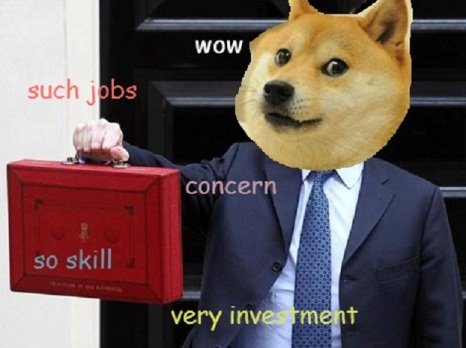Submitted by Valerie Roth on

My future career has been something that I’ve put thought into in nearly every stage of my life. When I was in pre-school, I wanted to be an “office worker” because I REALLY liked bubble wrap. When I was in fifth grade, I wanted to be a lawyer, because I visited the courthouse downtown in Los Angeles and was really impressed by the architecture. When I was just starting high school, I wanted to be an architect. Now, somehow, I’m a computer scientist.
While it looks like I’m perfectly on track to achieve the “office worker” dream, my motivation from moving from one dream to the next has always come from some type of shadowing.
Deciding that I wanted to be a lawyer was my first experience with this. As part of a unit on American history and government, my fifth grade class took a field trip to the courthouse where a few of the class members’ parents worked. I remember our class all sitting around a table in a beautiful old conference room where we listened to a presentation about what it was like to be in trial. I listened, happy not to be next to my usual seat partner who got mad when my pencil rolled over onto his side of the table, and pictured myself walking into rooms with the California state seal painted onto the walls every morning instead.
This desire lasted until the first time I read a legal brief. I’m not sure why this was assigned reading at my high school, but it certainly saved me from following a path that wasn’t right for me.
My next idea was architecture, since my mom worked near the Southern California Institute of Architecture, or Sci-Arc, which always had amazing structures set up in the parking lot. It was more rational, too, since I loved math and art at the time. But once I finally worked up the courage to tour the studios I realized that something about it wasn’t quite right either.
I’ll be graduating a year early in May, which I didn’t realize would be possible until the beginning of this semester. While this is very exciting, it’s also left me with a pretty rapidly paced schedule of setting up my plans for what happens next. Thankfully, though, I have found some incredibly wonderful and welcoming graduate students in the field I would like to pursue next. They’ve let me sit in on their classes, introduced me to really inspiring people, and given me lots of examples of interesting things they’ve learned to Google and read about. I am so, so grateful.
Everyone’s path is going to be different from mine in some way, but the point is that shadowing is really important. You can make as many plans about what “makes sense” for you in the future, but until you see what your plans look like in real life, you can’t know for sure. And this isn’t just something you do once until you find the answer “doctor” or “programmer” or “teacher.” Even when you have an idea, you can get more specific with what interests you – most fields can be broken to quite a few sub-fields, after all. Additionally, getting as much shadowing experience as possible with the jobs you’re considering can only help you to make a more informed decision.
Some of the best advice I’ve gotten has been “if there’s someone whose work you’re interested in, just tell them you’re a student and want to have a conversation about what they do. Most people will be happy to meet with you and answer your questions.” I’ve seen this to be true in many of my experiences, and hope for more opportunities to help people with their decisions like others have helped me with mine in the future.







